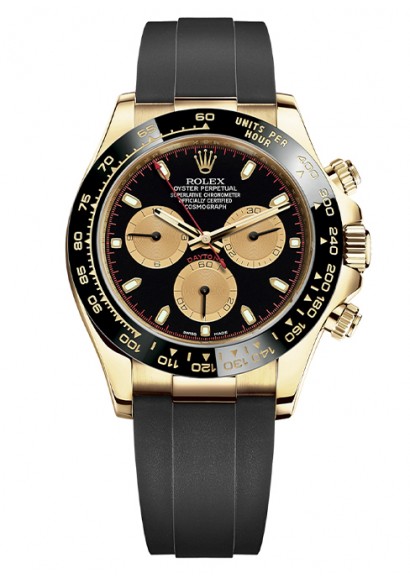The Life and Legacy of Paul Newman

Introduction
Paul Newman, a name synonymous with Hollywood glamour, remains one of the most celebrated figures in film history. With a career spanning over five decades, Newman is not just known for his talent as an actor, but also for his philanthropic efforts and advocacy for various causes. His impact on the entertainment industry and beyond continues to resonate, making his legacy relevant today.
Career Highlights
Born on January 26, 1925, in Shaker Heights, Ohio, Paul Newman rose to fame in the 1950s and 60s with iconic films such as “Cat on a Hot Tin Roof,” “Butch Cassidy and the Sundance Kid,” and “The Sting.” Known for his striking blue eyes and charismatic performances, Newman was nominated for ten Academy Awards, winning one for his role in “The Color of Money” in 1987. His versatility allowed him to tackle a wide range of characters, making him a fixture in cinema.
Philanthropy and Business Ventures
Apart from his impressive acting career, Newman was also a successful entrepreneur. In 1982, he co-founded Newman’s Own, a food product line that donates 100% of its profits to charity. As of 2023, Newman’s Own has generated over $570 million for various causes, demonstrating his commitment to philanthropy. His charitable efforts earned him a profile in the realm of social justice, with initiatives spanning from education to environmental sustainability.
Impact on Racing and Legacy
Newman’s passion for auto racing significantly influenced his later life. He pursued professional racing in his 40s, even establishing a racing team that achieved notable success. This pursuit underscored his adventurous spirit and was another dimension to his already multifaceted persona.
Conclusion
Paul Newman’s legacy as an actor, philanthropist, and racecar driver continues to inspire new generations. His contributions to film and charity set a standard for excellence and altruism in the arts. As we reflect on his life, it’s clear that Newman’s influence goes beyond the silver screen; he remains a role model for using fame for good. Though he passed away in 2008, the memories of his performances and contributions to society will endure for years to come.






